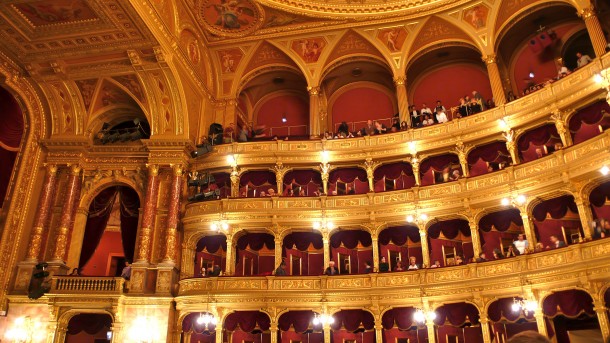Joe Clifford
I.
There are so many things I would’ve liked to say to you were it not for the accident. We could’ve ridden to Spain together to see the bull fights you wanted to see, even though you grew up next door and thought bullfighting was cruel, not because the bull died in the end, but because, you said, it was an unfair fight all along. Life is defined by more than the hours we keep, the paycheck we receive. You told me you overheard that in the cafe, but I suspected it was poetry. I always liked your style, and the white coat you bought from the secondhand store, which your cousin said made you look cheap. There was never anything cheap about you. Even when you broke my heart, you waited to say goodbye until I was out of the wheelchair and the rains had stopped, and I was back home. I didn’t fault you for having to do it long distance. By then, we lived far apart.
II.
On our first date, when I ordered that second drink, you told me, with your limited English, that I didn’t need to bother, that you were going home with me anyway. Maybe you knew I had a drinking problem. Or maybe you were just being polite. You complimented my American boy look, faded jeans and white T-shirt; you said it reminded you of James Dean, but that smoking was bad for me, and motorcycles were dangerous. Still you took a ride with me.
III.
We made love on the cobblestones of the old church, and you trembled when you said my name, but later you said it was only because you were cold. The next night, when we ate beef cheek paella under the tower lights, I mistook chicken hearts for mushrooms. I did not spit them out. I wanted to impress you. You said you worried that you were too boring for me, said I’d grow tired of how ordinary you were, that a man like me needed more than milky coffee and dull conversation. But I never did grow tired of you, never found your conversation lacking, and had that car not cut us off that night outside Versailles, we could’ve sailed a boat under starry skies, far from cityscapes, the way you wanted, out into the Mediterranean.
IV.
But that car did cut us off, and midnight in a foreign country settled hard and mean. And we almost died. Which puts a strain on any relationship, especially a new one. And you never looked at me the same way after that. You knew it wasn’t my fault. The cops and courts said it wasn’t my fault. I was released from the hospital, and I did not have to pay any additional fines. But it did not matter. It was my job to take care of you, to protect you, because I was the man, and even though it is the 21st Century and we’ve come a long way, baby, it is still the job of the man to protect the woman he loves, no matter the language they speak.
V.
The man walks the winter beachhead, feels the junkyard parts shaking loose inside him. He hears the broken bones jiggle, and he tastes his own blood, again. The metal and wire they’ve hardwired into his body has left him more machine than man, the hooks and the screws and the pins making it harder to drop on what’s left of cadaver knees and beg forgiveness. So he wades by the old lighthouse, watches ships sail the cold sea, waiting for that tide to carry him out again, so he can join us, the tin men who cannot dance.
Joe Clifford produces Lip Service West, a reading series in Oakland, CA. His work has appeared in Big Bridge, Bryant Literary Review, The Connecticut Review, Dark Sky, Fringe, Hobart, Opium, Thuglit, and Word Riot, among others. His stories and poetry can be found at www.joeclifford.com.



